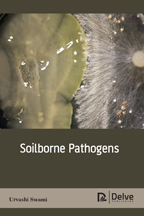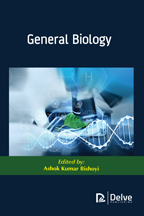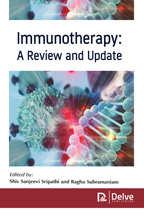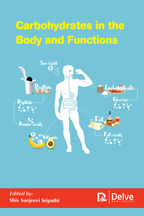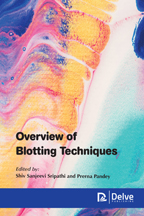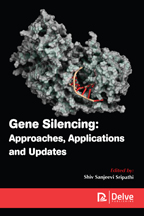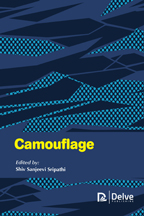Tab Article
The purpose of this book is to highlight existing knowledge about various methods of soil-borne disease control, including: steam soil disinfection, crop rotation, hydroponic and soil-less culture systems, soil amendments, soil solarization, natural compounds grafting and biological control. It also mentions the different types of pathogens such as viruses, bacteria, fungi, protozoa and parasitic worms, including the positive and negative effects of soilborne pathogen control methods. The book further discusses environmental factors like drainage, humidity, soil composition, temperature and PH which affect soilborne pathogen reproduction. Suggesting that regular checks on plant health can determine whether soil borne pathogens are present or not. The author also reflects on the relationship between soilborne pathogens and climate change trends globally.

